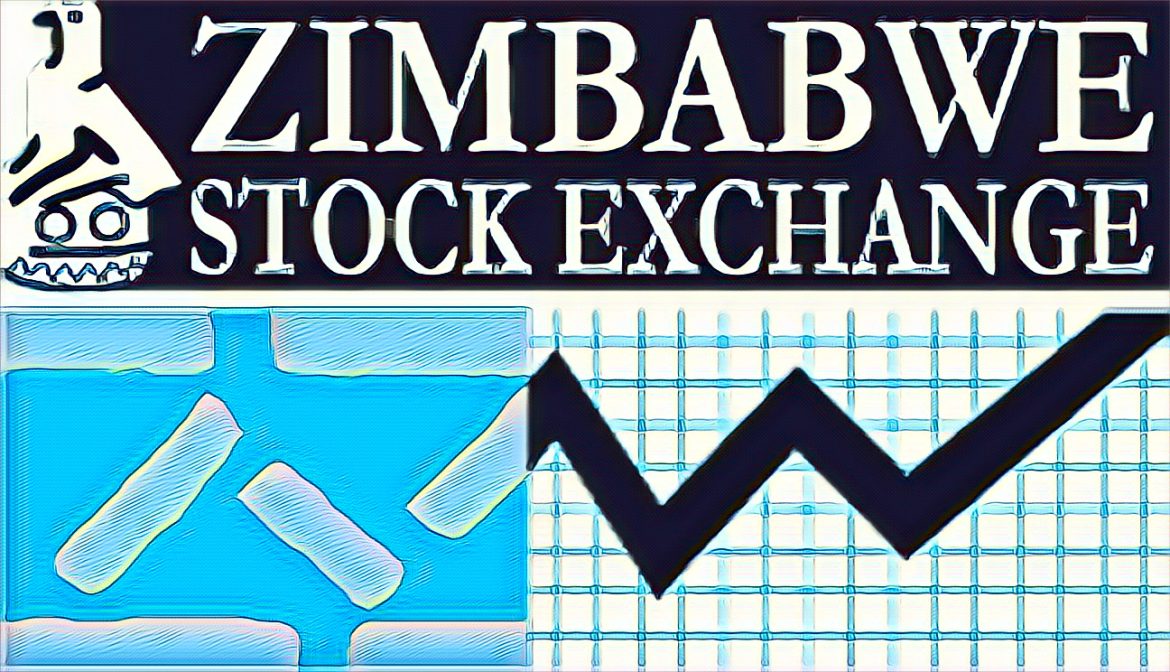The government has announced a temporary suspension of the 40% capital gains tax (CGT) on equities in an effort to breathe new life into the Zimbabwe Stock Exchange (ZSE). For the next six months, this suspension will apply in addition to a 2% capital gains withholding tax cut from 4%. This fiscal reprieve comes at a crucial moment, as stringent taxation has caused trading volumes on the ZSE to collapse, with daily trades falling by 92% to only 80.
The easing of these financial burdens on traders is expected to enhance both the affordability and speed of stock transactions on the ZSE. Anymore Taruvinga, the Chief Executive Officer of the Securities and Exchange Commission of Zimbabwe (SecZim), conveyed the commission’s relief and optimism at an annual general meeting. He highlighted the important role of discussions with the Ministry in addressing key issues, including the elimination of the 180-day vesting period that had previously hindered the rapid sale of stocks.
“Investor interest, which had been decreasing under the hefty financial impositions, has been revived by the easing of the vesting period and the notable reductions in taxes,” Taruvinga said. With these adjustments, he felt a great feeling of success since more investors are expected to return to the market.
Taruvinga provided a forward-looking overview of the commission’s strategic focus areas, which include ensuring the Stochastic Momentum Index (SMI) remains stable, improving investor protection, stimulating market growth, and supervising the recapitalization of crucial institutional resources like buildings, computers, and cars. A key focus will be the SMI, a technical instrument used to measure asset price momentum, particularly when examining the capital adequacy framework.
Despite these positive developments, Taruvinga also touched upon the challenges faced by the market, notably liquidity shortages on both the ZSE and the forex-only Victoria Falls Stock Exchange (VFEX). These conditions have likely contributed to subdued trading activities, a situation that may persist despite the newly introduced fiscal incentives.
The year 2023 has been particularly tough for Zimbabwe’s capital market, with two companies delisting from the ZSE and initial public offerings significantly undersubscribed. Additionally, the financial year saw a decline in overall market activity, with a 56% drop in turnover expressed in United States dollars, despite a nominal growth of 412% in Zimbabwean currency.
Moreover, the regulatory landscape faced its hurdles. Two advisory firms relinquished their licenses, and one asset management firm was restricted from acquiring new business. By the end of 2023, a significant portion of securities dealers and asset managers were found to be undercapitalized.
SecZim has also struggled with implementing new initiatives such as the Capital Market Awareness Index and an Investor Education Toolkit, designed to mitigate the decline in trading activity. Taruvinga admitted that the commission grappled with capacity constraints, limiting its ability to hire additional staff and invest in necessary investor education and awareness programs.
However, there were notable advancements during the review period. The commission issued new licenses across various categories, including security advisories, asset management, and collective investment schemes. Notably, the funds under management (FUM) saw a remarkable increase, with collective investment schemes FUM soaring by 1,076% from the previous year.
These regulatory adjustments and the issuance of new licenses are anticipated to foster a more vibrant and robust trading environment on the Zimbabwe Stock Exchange, offering hope for the financial market’s future amidst ongoing economic challenges.


